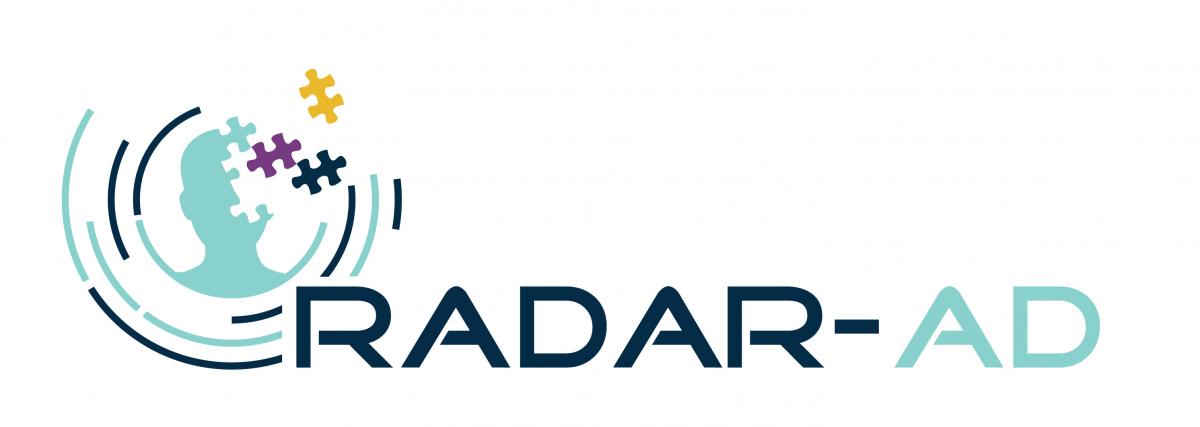People in the earliest stages of Alzheimer’s disease experience declining cognitive and functional abilities, making it harder for them to remember things and places, carry out simple calculations, use a phone/computer, drive, and adhere to medications.
The goal of the RADAR-AD platform is to develop a digital platform that would draw on smartphone, wearable and home-based digital technologies to track subtle changes in the cognitive and functional abilities of people with Alzheimer’s disease. The project will adapt the existing RADAR-CNS project’s platform for Alzheimer’s disease. Among other things, the team will have to take account of the fact that many people with Alzheimer’s disease are older and so may be less familiar with technology, while their condition may make it more difficult for them to learn to handle technological devices.
People with Alzheimer’s disease will be fundamentally involved in the design and development of the project so that the systems put in place are acceptable and appropriate for them. The platform will be tested in a clinical study with people with different stages of Alzheimer’s disease.
Ultimately, the project results will make it easier to assess how well new dementia treatments work.

